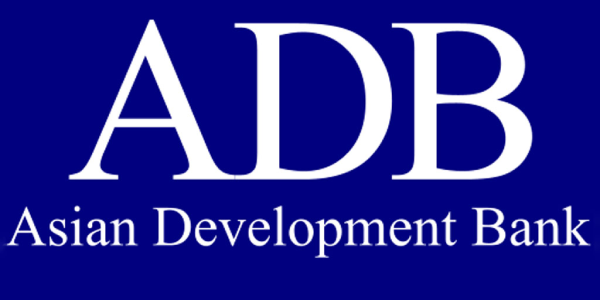COMMERCIALISATION is an important tool in the arsenal of Pacific state-owned utilities as they seek to decarbonise and mitigate climate change-related risks, according to a new Asian Development Bank (ADB) report.
Finding Balance 2023: Benchmarking Performance and Building Climate Resilience in Pacific State-Owned Enterprises compares the performance of state-owned enterprises (SOEs) in nine Pacific island countries—Fiji, Kiribati, Republic of the Marshall Islands, Palau, Papua New Guinea, Samoa, Solomon Islands, Tonga, and Vanuatu—and tracks the progress of SOE commercialisation in the region.
“Increasing the commercial orientation of Pacific state-owned utilities not only improves their performance but may make them more responsive to commercial incentives to decarbonize and invest in climate change adaptation,” ADB Pacific Liaison and Coordination Office Officer-in-Charge Matt Hodge said. “Where possible, governments should seek to incorporate private sector participation into the provision of SOE services.”
Finding Balance 2023, produced by the Pacific Private Sector Development Initiative (PSDI), has a special focus on the risks posed by climate change, and how Pacific governments and state-owned utilities can manage its effects and build resilience.
The report finds that Pacific state-owned utilities may be more inclined to respond to climate change-related challenges if they operate in a policy environment conducive to commercialisation.
Potential steps include the introduction of climate-related financial risk disclosures, the raising of capital to finance public investment in climate resilience and decarbonisation, and the leveraging of private investment to expand renewable energy generation.
The report, which focuses on the period 2015–2022, shows that SOEs in the Pacific have improved their returns but are still failing to cover their cost of capital.
Only two of the nine Pacific SOE portfolios assessed in Finding Balance 2023 produced a return that covered their cost of capital between 2015 and 2020, while three SOE portfolios produced average returns on assets and/or average returns on equity below zero.
In most surveyed countries, these low SOE returns were achieved despite subsidised capital, monopoly market power, and ongoing government cash transfers.
PSDI is an ADB technical assistance programme undertaken in partnership with the governments of Australia and New Zealand. PSDI supports ADB’s 14 Pacific developing member countries to improve the enabling environment for business and to achieve inclusive, private sector-led economic growth.
ADB is committed to achieving a prosperous, inclusive, resilient, and sustainable Asia and the Pacific, while sustaining its efforts to eradicate extreme poverty. Established in 1966, it is owned by 68 members—49 from the region.









